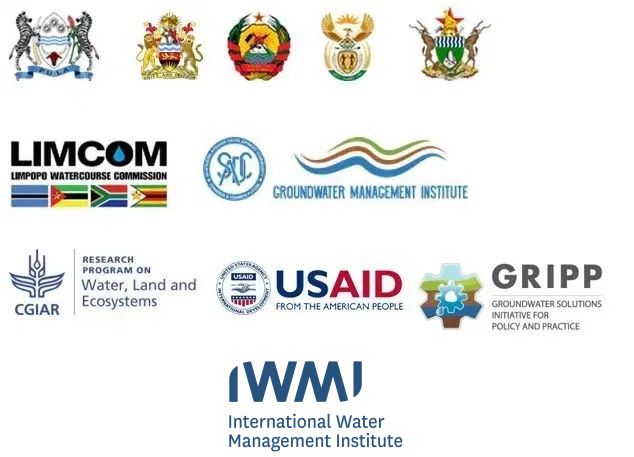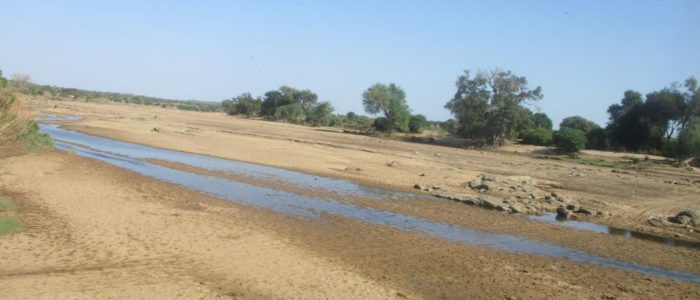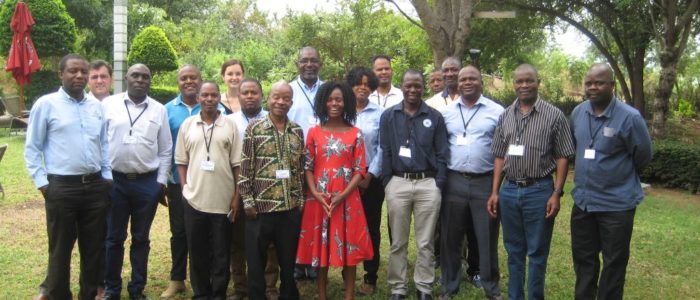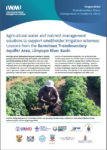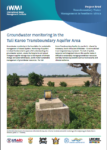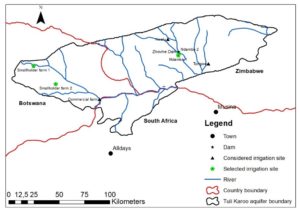Conjunctive water management refers to the integrated management of ground and surface water sources in such a way that the benefits of coordinated management of the two water sources exceed the benefits obtained through their separate management.
Conjunctive management in transboundary contexts must respond to a unique range of dynamics linked to hydrologic, economic and political divides. Achieving a common vision that optimizes water use across such divides requires inclusive and novel ways of approaching management of the resource. There is a need to ensure that transboundary cooperation and joint management through effective and tailored governance structures, enables the benefits of the shared surface and ground water resources to be fully harnessed.
This Knowledge Sharing Platform seeks to capture and disseminate highlights of the increasing knowledge base that is emerging from work on transboundary river – aquifer systems in the SADC region, recognising the benefits of conjunctive surface and ground water management as well as conjunctive water management across borders. Primary focus is devoted to three systems on which IWMI has worked, the Ramotswa-Ngotwane, the Shire, and the Tuli Karoo – Upper Limpopo Systems.

Partners
